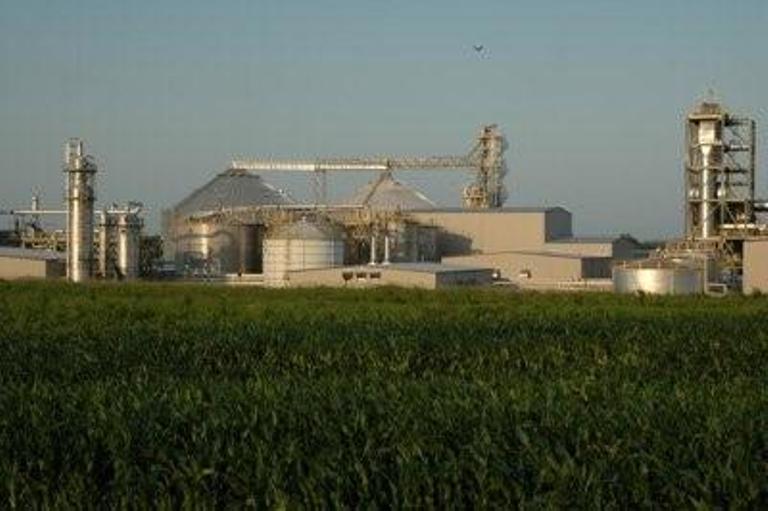Purdue Economist Addresses Ethanol Mandate
Renewable Fuels Association (RFA) Vice President Geoff Cooper said recently that if a partial waiver of the Renewable Fuels Standard (RFS) is granted, as requested by some governors and a number of agricultural organizations, and it did reduce the amount of corn used for ethanol and biodiesel production, there would be consequences. Cooper says it would mean the price of distiller’s grain and soybean meal would increase and net feed costs might actually increase for some livestock and poultry feeders.

Renewable Fuels Association (RFA) Vice President Geoff Cooper said recently that if a partial waiver of the Renewable Fuels Standard (RFS) is granted, as requested by some governors and a number of agricultural organizations, and it did reduce the amount of corn used for ethanol and biodiesel production, there would be consequences. Cooper says it would mean the price of distiller’s grain and soybean meal would increase and net feed costs might actually increase for some livestock and poultry feeders.
Purdue University agricultural economist Chris Hurt counters that is not necessarily the correct direction. “If the partial waiver is issued and if the partial waiver does reduce the amount of corn used for ethanol, then corn prices would move downward (assuming other things stay the same).
“In addition, lower corn prices mean that dried distiller’s with solubles (DDGS) prices will move down also in the case of a partial waiver that lowers corn use for ethanol. Lower corn and DDGS prices would mean that prices for other feed ingredients would also move lower,” he says.
What happens is when a reduction in the use of corn ethanol occurs, it increases the supply of corn for feeding (and other non-fuel uses), and that lowers corn and other feed ingredient prices, Hurt explains.
In a research model developed at Purdue, it is estimated that a reduction of corn use for ethanol from 13.8 billion gallons to 11.8 billion gallons would drop corn prices for the 2012 crop from $7.81/bu. to $7.14/bu. That comes to about $3 billion less corn costs for the U.S. livestock industry from the 2102 corn crop, he says.
Hurt says the model did not calculate the DDGS prices, but he estimates that the price of DDGS would fall about $18 to $20/ton from $233 to about $214/ton.
Purdue’s paper addressing this topic can be found at http://www.farmfoundation.org/webcontent/Potential-Impacts-of-Waiving-Ethanol-Blending-Rules-1841.aspx.
But Hurt admits that other work done by livestock economists may override that modeling and seems to suggest that a partial waiver of the RFS by the Environmental Protection Agency (EPA) would have less to do with the amount of corn used for ethanol than would the economics and flexibilities of refiners and blenders.
“One of the requirements in the energy law is that for EPA to accept a partial waiver, it must be shown that a partial waiver will directly relieve the financial stress (to the animal industries) caused by the mandate. We agricultural economists do not believe that a partial waiver will, for sure, reduce the amount of corn used for ethanol. That will depend on oil prices, corn prices and how flexible the oil industry can be in their production processes,” he explains.
The EPA is slated to rule on the waiver request by Nov. 13.
About the Author(s)
You May Also Like





